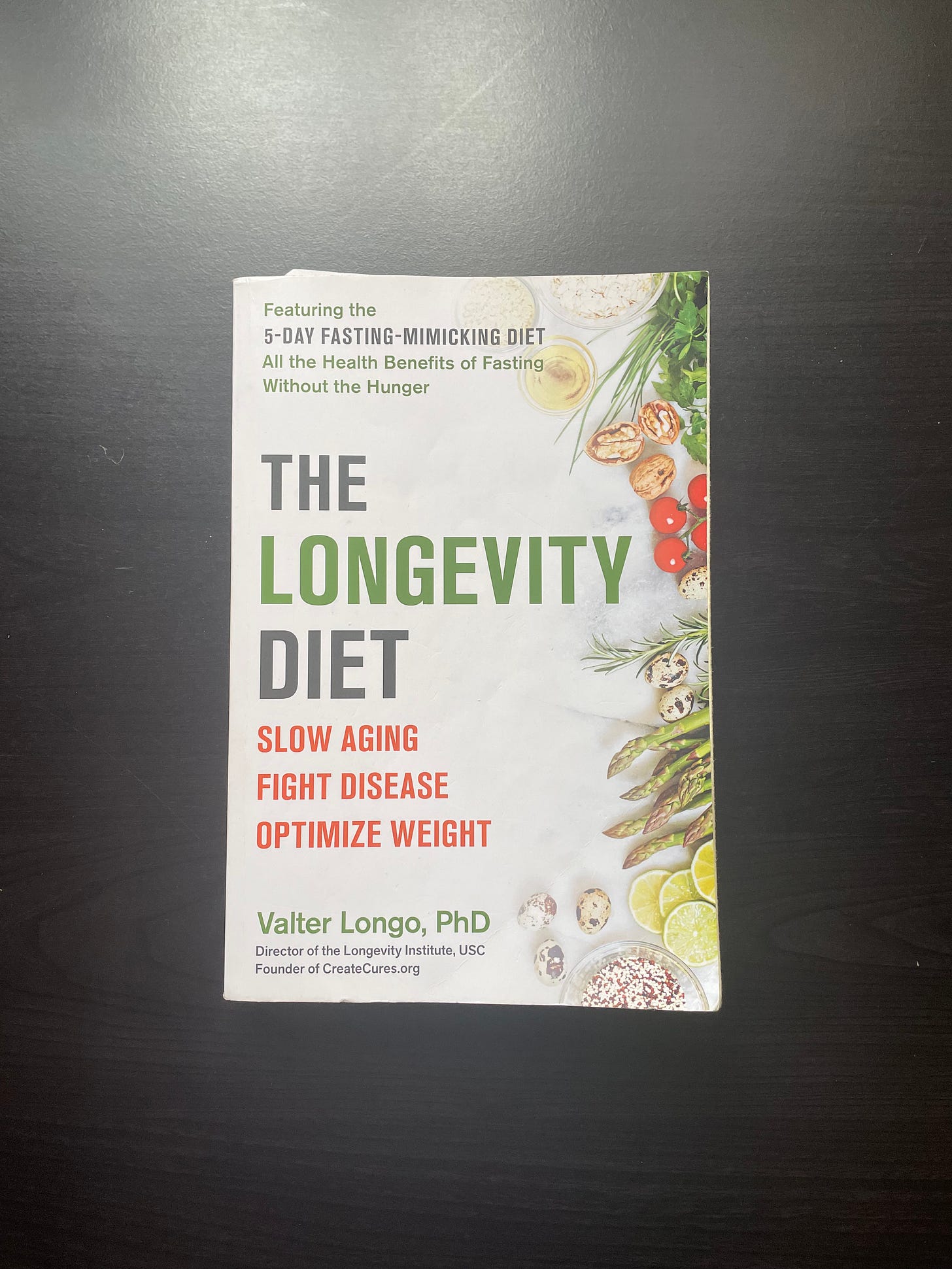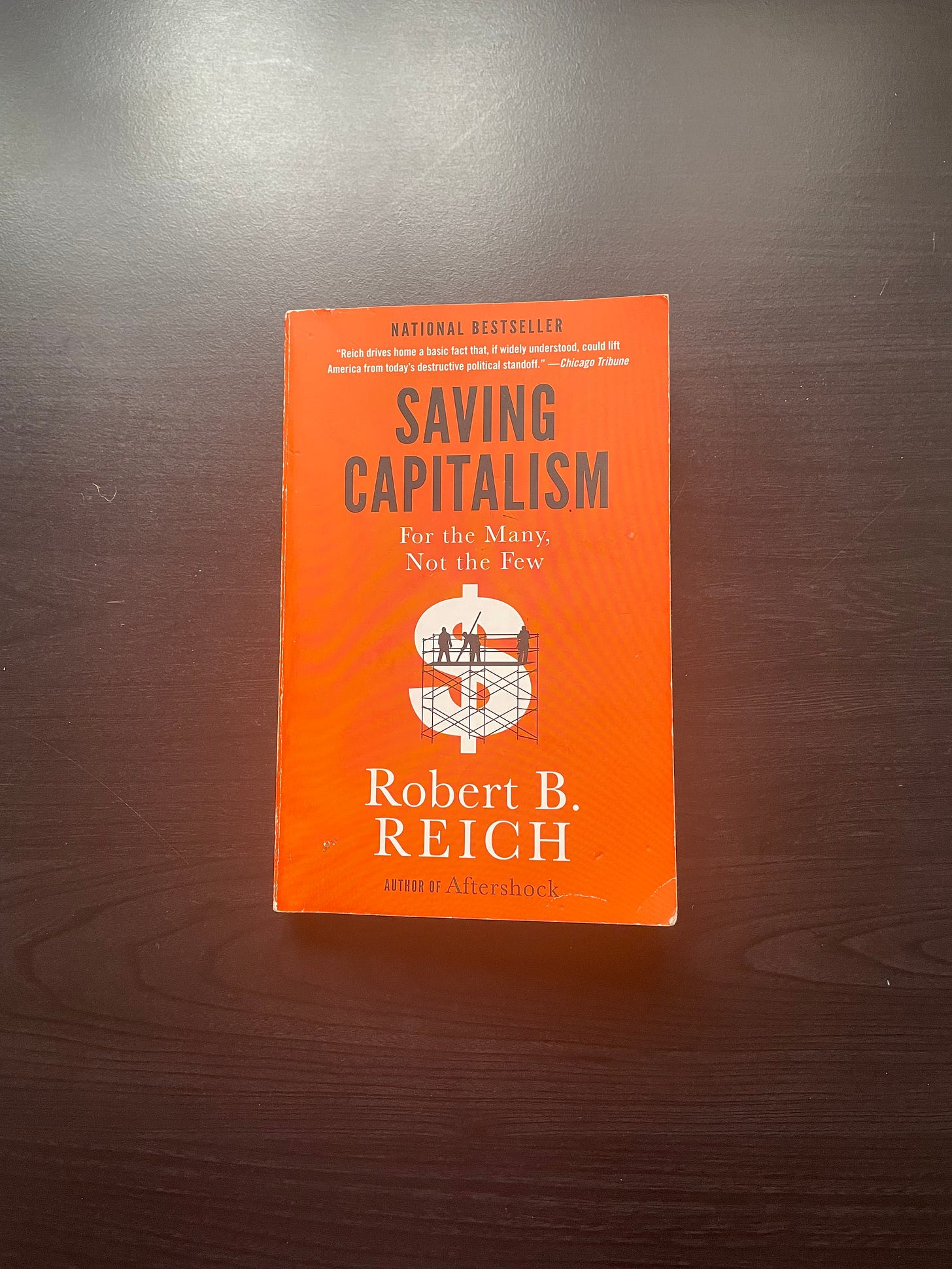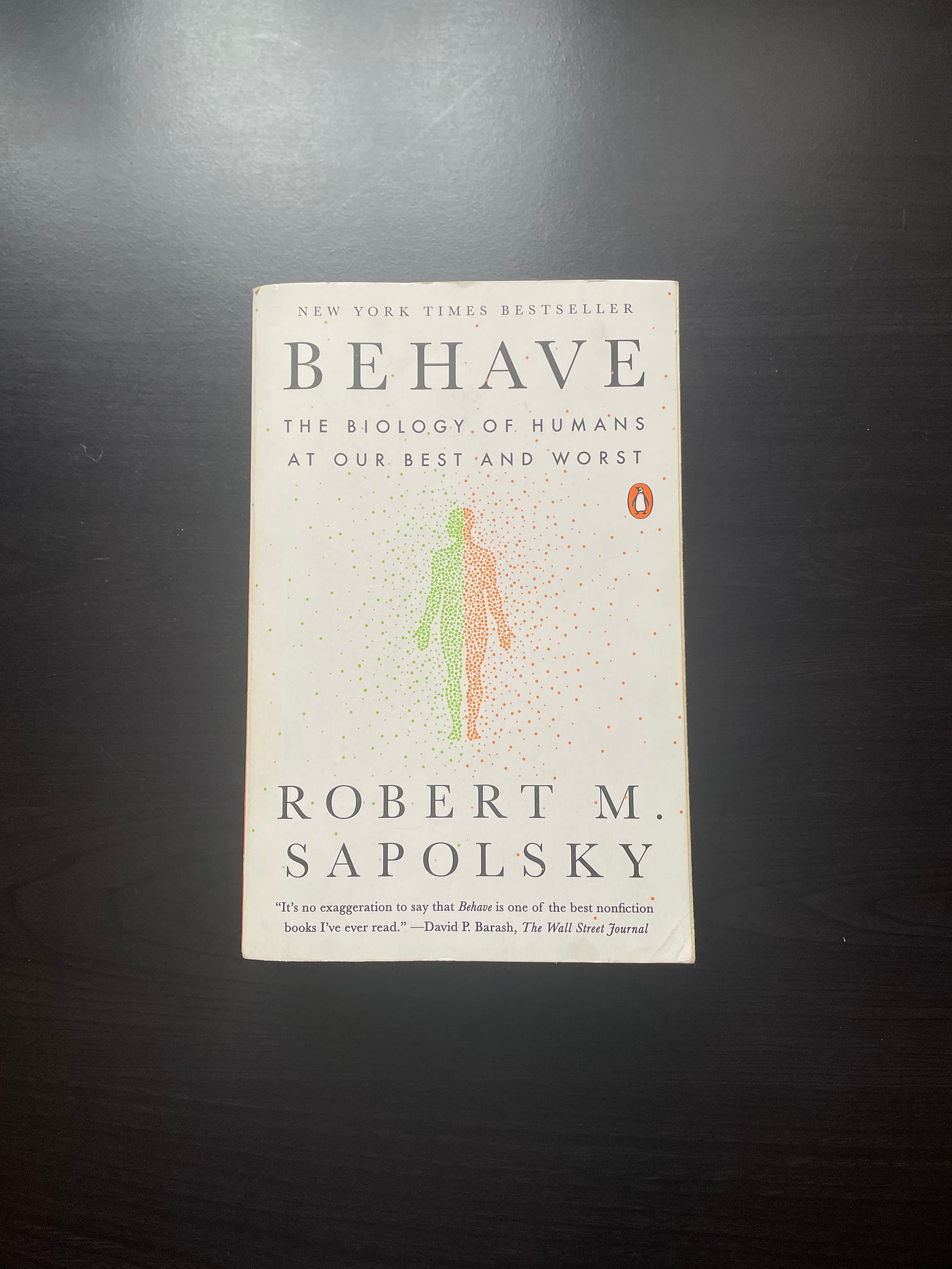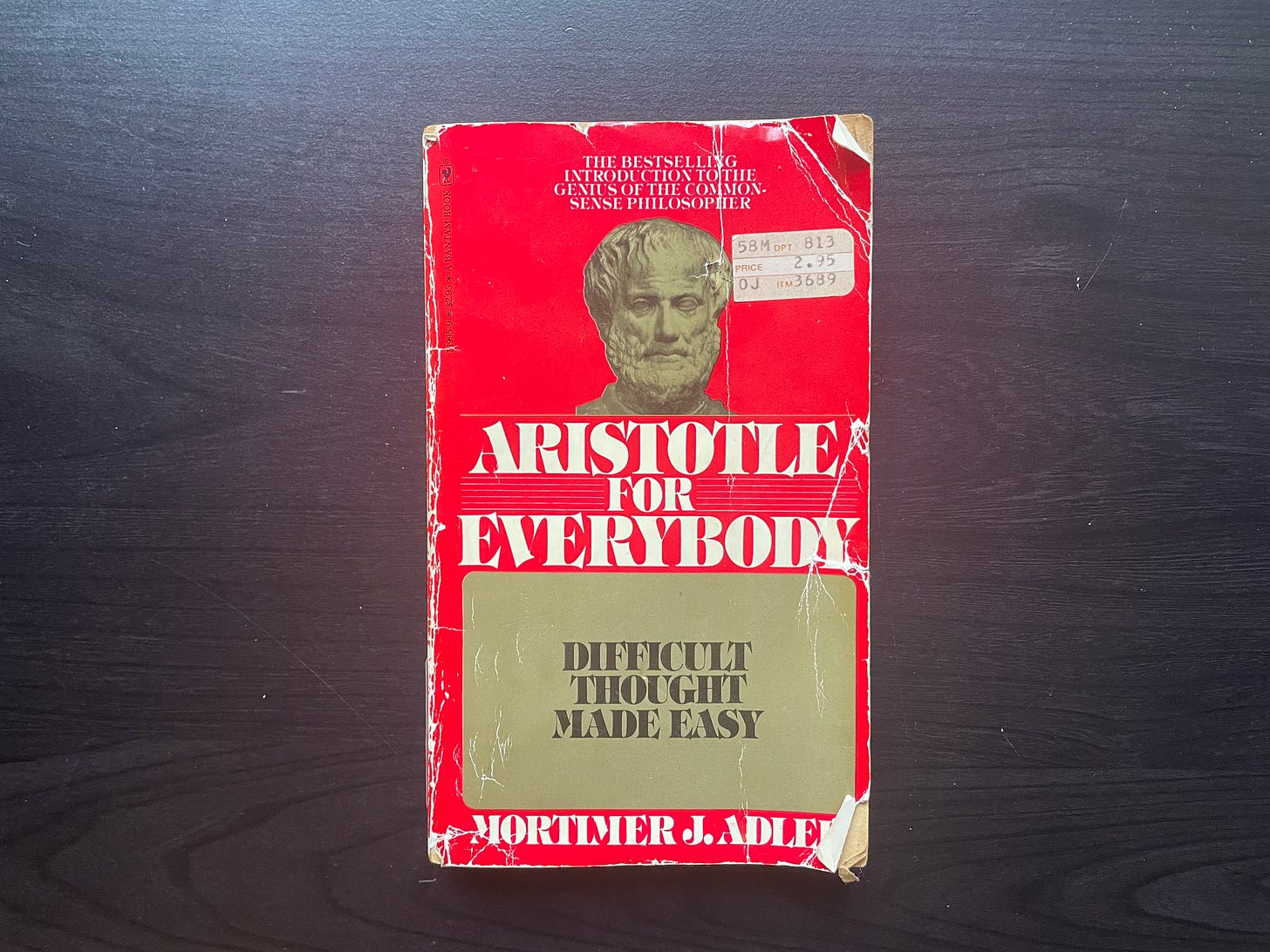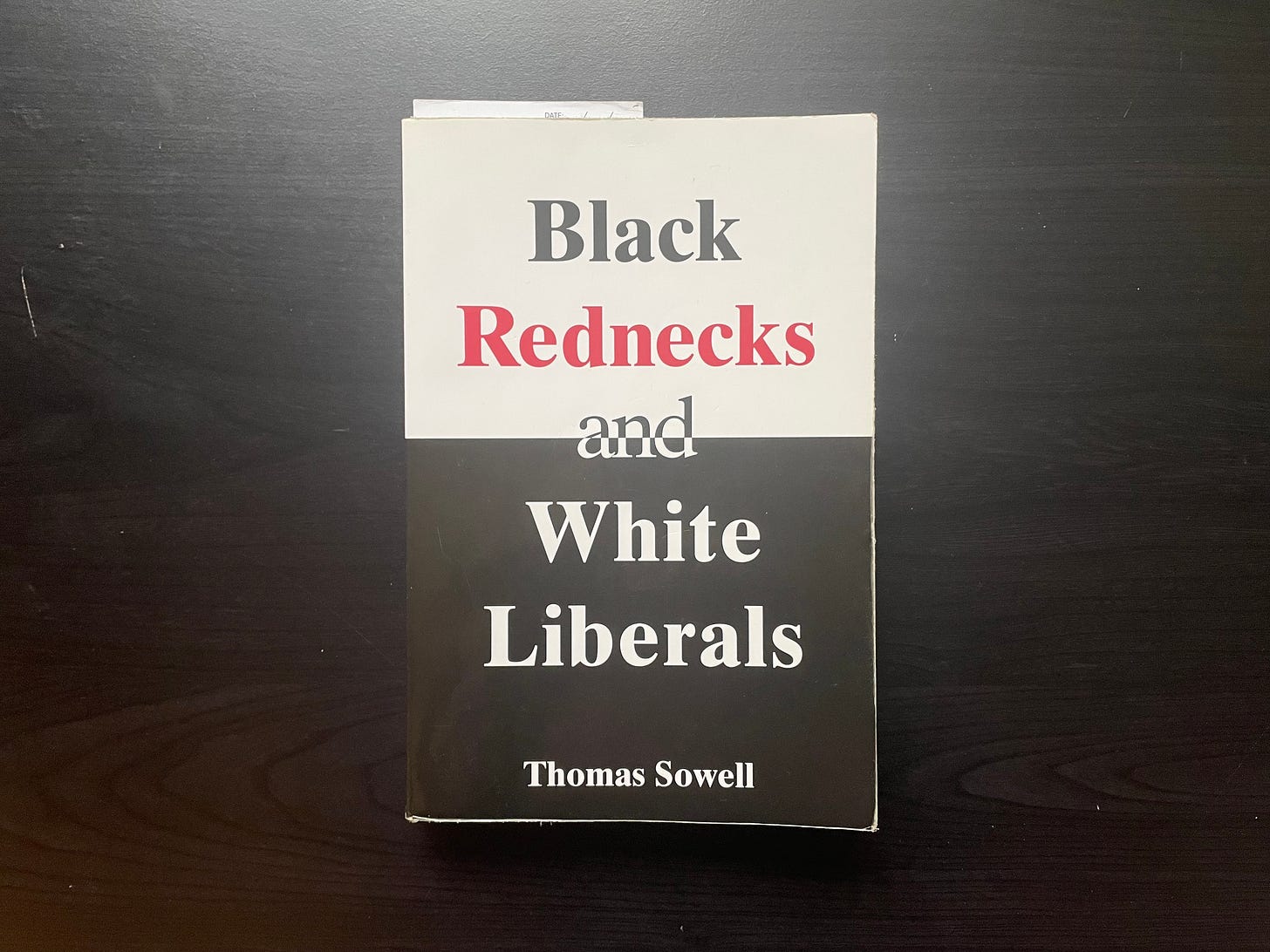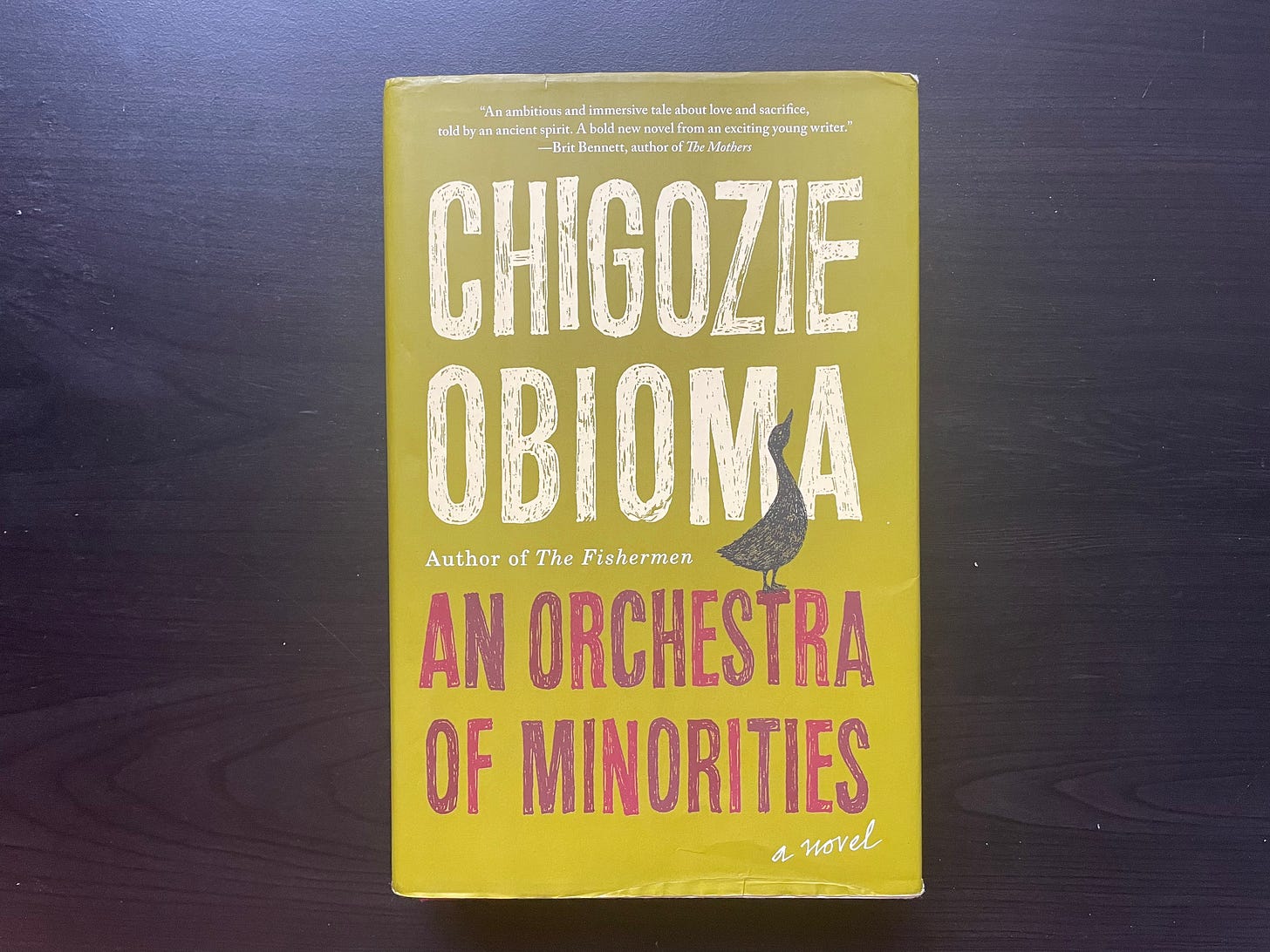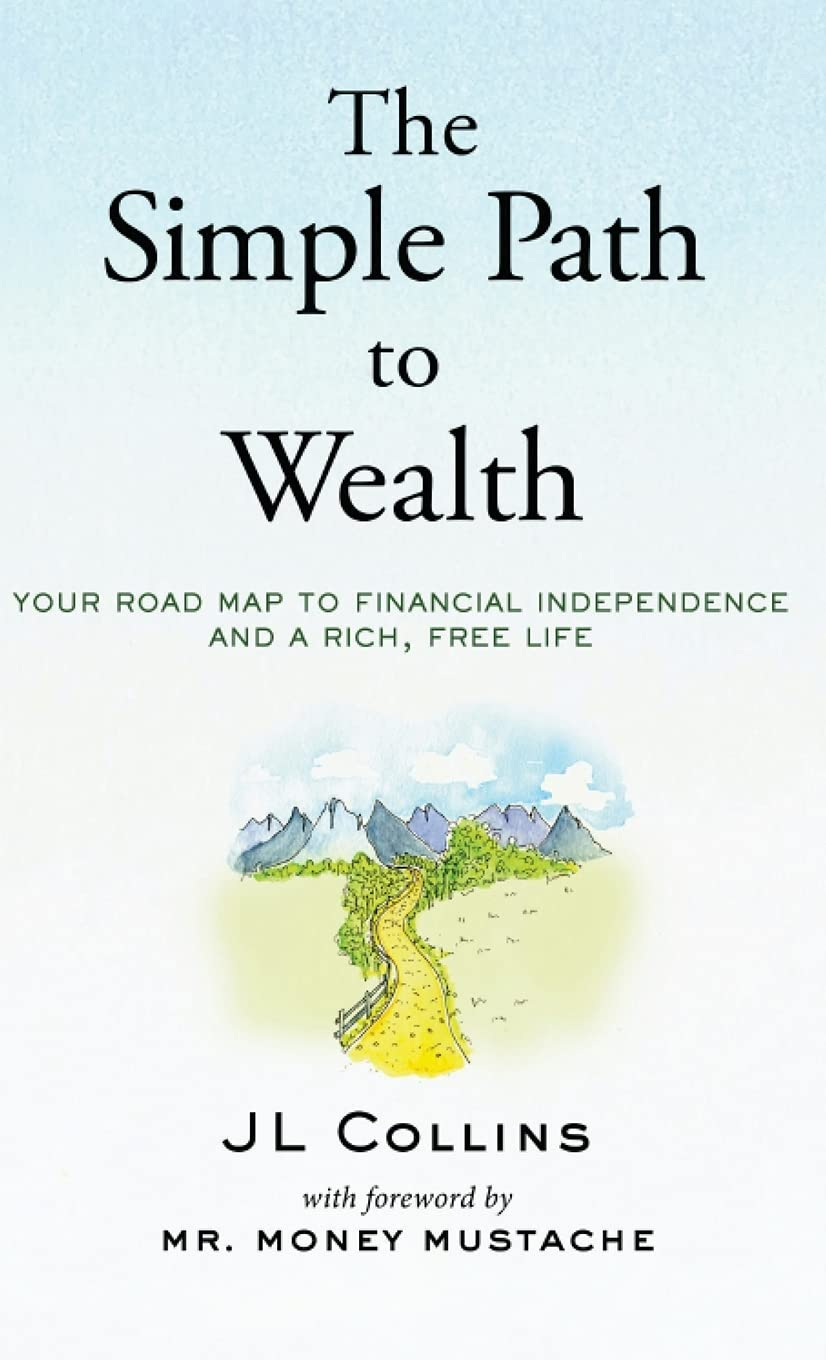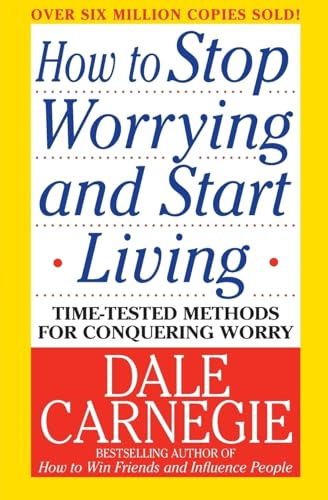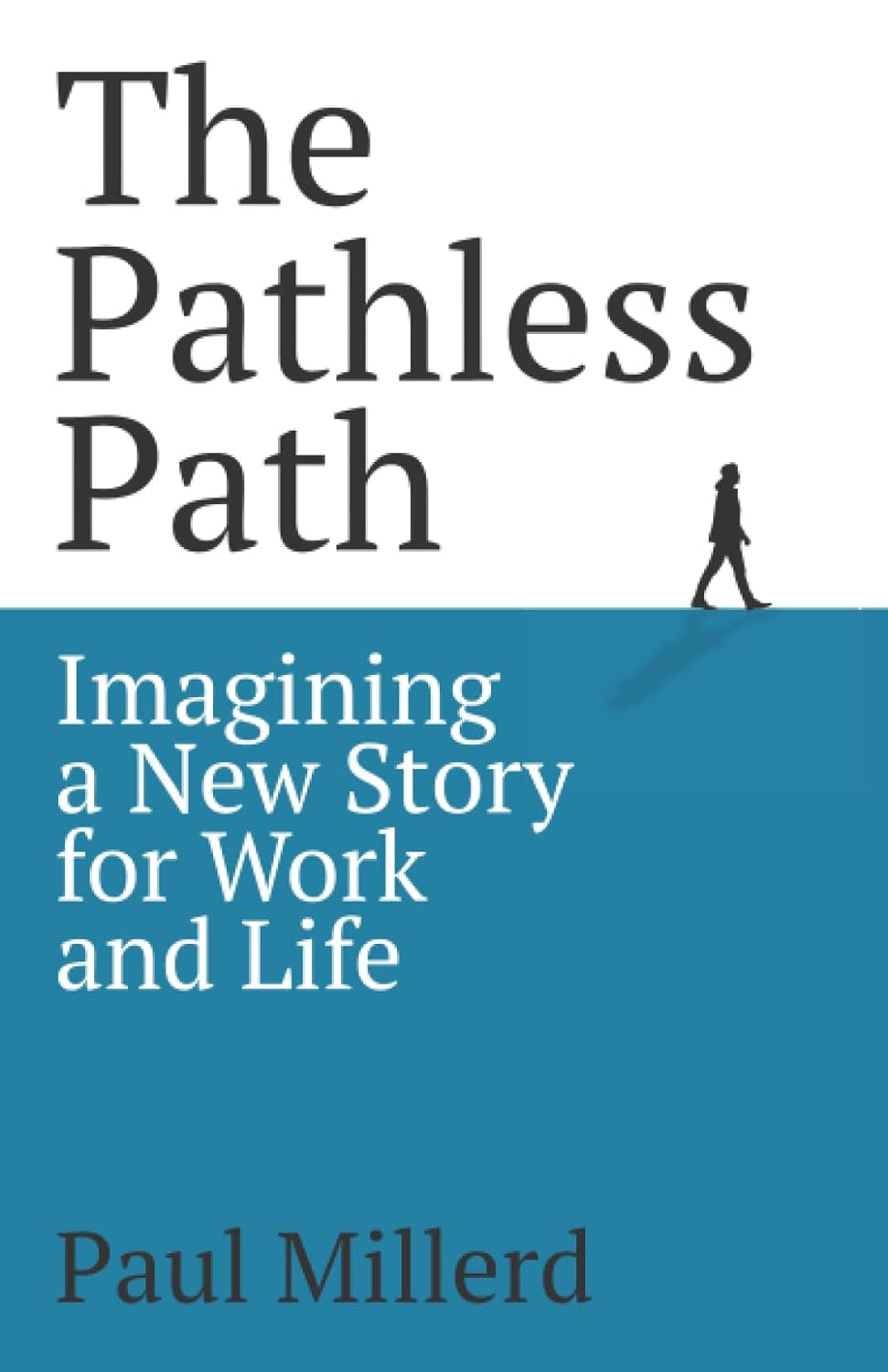Talent
Talent is an excellent read for those interested in learning how to spot and nurture talent, and by extension, those who want to be spotted. Written by Tyler Cowen and Daniel Gross, individuals whose job (or at least an aspect of their jobs) concerns the book's subject.
They start with arguments for why talent matters and then hop around various topics such as how to engage people online, how to interview and ask questions, personality psychology, the impact of various disabilities on talent, and a host of others.
It’s quite an eclectic list. I initially picked up the book because I wagered it would potentially improve my work for my microgrant program, but the book turned out to be more valuable to me well beyond that. It was a great bet.
Longevity Diet
This is perhaps the most reasonable book I have read so far on aging and nutrition. The book presents a diet called the Longevity Diet, aimed at slowing aging, together with occasional fasting.
In brief, it is a (mostly) plant-based (does not exclude meat), low-protein, fast-mimicking diet. The diet is built upon five key pillars: basic research, epidemiological studies, randomized and controlled clinical trials, centenarian studies, and studies of complex systems.
Saving Capitalism
I figured out a while back that the oft-framed free market, capitalism vs socialism arguments can be unhelpful, and in many cases, make public debates counterproductive.
If anything, Saving Capitalism did solid justice to how we can have this debate by really homing in on the structural problems of (American) Capitalism – without the interference of vague economic terms – and hopefully without throwing the baby out with the bathwater.
Behave
I typically do not include books I haven’t finished in my list of books, but Behave is really good. It feels like reading five books trapped in one. I am in the seventh chapter some two hundred pages in.
The book is about the science of human behavior primarily through the lens of neurobiology. Topics addressed include such things as effect of childhood adversities, stages of child development, adolescent risk-taking, memory, neurogenesis, stress and the brain, temporal discounting, and a host of others.
Aristotle for Everyone
I have not encountered an introduction to philosophy that does not start with or include Aristotle. Burying one’s head in the original works, for some, might be akin to a fool’s errand. As Adler himself stated, “Aristotle’s books are much too difficult for beginners.”
Hence, Aristotle for Everybody. I particularly enjoyed the chapters on motion (change and permanence), Aristotle’s theory of causation (formal, material, efficient, & final causes), his philosophy of happiness, time, and his notion of eternity.
This book is about as dumbed-down as these things could get, and it’s beautifully written.
Black Rednecks and White Liberals
Sowell, in this book, argues against many prevailing ideologies, notions, and assertions as they relate to racial and ethnic studies. Consisting of six essays, he touches on the history of Germans, Jews, African Americans, “black education” in America, and occasionally even references the Igbos in Southern Nigeria (in his treatment of middleman minorities).
The book concludes with the following sentences (admonishing that illogical sentiments rarely solve any problem; they only extend the duration of such problems):
“Where beliefs are not checked against facts, but instead facts must meet the test of consonance with the prevailing vision, we are in the process of sealing ourselves off from feedback from reality. Heedless of the past, we are flying blind into the future.”
An Orchestra of Minorities
Perhaps because I am acquainted with the traditions and cultures of the peoples depicted in this work of fiction, I find the book somewhat less fascinating. Two, I felt the story was too drawn out, leading me to abandon the book three-quarters of the way through. So I will say, 3 stars.
In other words, I didn't particularly enjoy reading it. However, this might say more about me as a reader than about the book itself.
1984
I've heard that, even though the book is a work of fiction, it actually isn't. I had to see for myself; plus, I might just be the last person on earth reading it – everyone I spoke with said they read it in High School.
I 'enjoyed' reading it.
Simple Path to Wealth
Mr. Collins offers a simple path to wealth, and it isn’t sexy.
Avoid debt, buy broad market index funds, and so forth. For readers considering reading the book, the investment examples are US-centric.
How to Stop Worrying and Start Living
This book is great in the sense that it tells you what you already know about worry, but with innumerable examples and illustrations that will most likely leave you dubious about your worry.
The Pathless Path
My takeaway: The narratives you have installed in your head matter way too much. How you think the future will be different from the present is a constraint you actively impose on yourself.
This shouldn’t be mistaken for a call to ‘think big’, whatever that might mean; it's a call to think deeply – to think from first principles. Mr. Millerd shows us an example of such thoughtful living in this memoir.
GPT-4: Sparks of Artificial General Intelligence
I read this paper back in April, and now, several months later, we can clearly see the advancements GPT-4 (and genAI in general) has brought us. It's truly exciting.
What I find particularly intriguing is the ongoing application of the base model, transformers, to various domains in science and biomedicine. I highlight some of these developments in my AI newsletter, ε Pulse:
(Talking about AI, I am also currently reading Understanding Deep Learning by Simon Prince, I knocked out a few chapters this winter break. I strongly recommend for folks interested in the technical treatment of the technology behind modern AI.)
Have a nice 2024, and happy new year, in advance.




